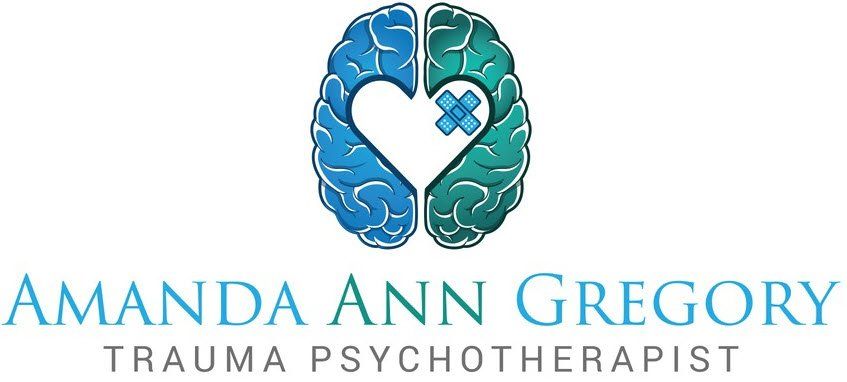Blog Layout
Therapy Groups vs. Support Groups: What's the Difference?
Therapy groups and support groups are often spoken of as if they’re interchangeable, but they are not the same.
It’s true that they are similar. Both types of groups can be sources of valuable treatment information as well as validation, acceptance, empathy, belonging, and mentorship. But therapy groups—sometimes called group therapy—and support groups have a few distinct differences. Here’s what you should know.
Group Leadership
Perhaps the most significant distinction is that therapy groups are always facilitated by mental health professionals, such as therapists and psychologists. Of course, the level of experience of these professionals can vary. A therapy group might be led by a seasoned licensed therapist or by an internship student with minimal experience who is working under a supervisor. Support groups, on the other hand, are often facilitated by volunteers, not mental health professionals. These volunteers can have various levels of training. The National Alliance on Mental Illness (NAMI) requires its group leaders to participate in training before leading a group, and they must commit to their group for one year. Other support groups may have leaders with little to no formal training.
Safety
Groups addressing any aspect of mental health must provide an environment of safety. It is essential to protect participants from experiencing any group dynamics that may be harmful. Therapy group leaders are taught methods to establish and maintain safety. Depending on the group, support group leaders might also receive training in regard to group safety. Adult Survivors of Child Abuse (ASCA) trains its facilitators to intervene if participants do not follow strict guidelines. However, some support group leaders might not be able to establish and maintain a safe environment. Some of my clients who have attended support groups have openly questioned the safety of these groups. When you’re considering attending any group, it’s a good idea to discuss safety first with the group facilitator.
Specificity vs. Generality
Therapy groups are able to cater to participants who are in need of help with a specific issue, and they can be tailored to serve a very specific audience. (For example, Survivors of Hate Crimes, Postpartum Depression, Social Skills for Autistic Youth.) Support groups tend to be more generalized, such as Emotions Anonymous (EA), which is designed for anyone who is working toward recovery from any sort of emotional difficulty, and Alcoholic Anonymous (AA), which is for anyone struggling with alcohol use.
Content
The content of a group, which is influenced by its structure and the information it provides, can strongly impact its ability to benefit participants. The content of therapy groups is almost always created and chosen by mental health professionals. In some cases, the content of support groups is chosen by mental health professionals too. ASCA’s manual, for example, was created by clinical psychologists, and Recovery International (RI)’s content was developed by a medical doctor. But it is also possible for a support group to use content that was not created or selected by a mental health professional.
Fees
Therapy groups usually charge participants a fee, which varies from group to group. Some insurance companies will cover all or a portion of this cost. It’s important to ask about fees when you’re considering therapy groups. Most support groups do not charge a fee. Some organizations may request a donation at meetings, but it’s often not required. Other groups do not ask for donations but will accept them if they are offered. All the support groups mentioned in this blog do not require a fee.
Would you consider attending a therapy group or a support group? If you are interested in attending any group, you should reach out to the group facilitator or the organization’s local chapter for more details.
Get your Free eBook: 25 Anxiety & Trauma Coping Hacks
Amanda Ann Gregory is a trauma psychotherapist, national speaker, and author who provides specialized speaking engagements for conferences, companies, and communities. Schedule a speaking engagement
and follow on Instagram,
Facebook,
or YouTube.
Gregory, A. (2018). Therapy Groups vs. Support Groups: What You Need to Know Before You Join One. Symmetry Counseling blog. Retrieved from https://www.symmetrycounseling.com/therapy-chicago/therapy-groups-vs-support-groups-what-you-need-to-know-before-you-join-one/

By Amanda Ann Gregory
•
20 Apr, 2024
Christianity has never been the prescribed religion of the US. To state that the US is a Christian nation overlooks the rich diversity of religious beliefs and practices that exist and are celebrated in the country. These are six ways in which Christian privilege manifests in the US,
© 2024
All Rights Reserved | Amanda Ann Gregory, LCPC
Design & Consultation by Teresa Lauer, LMHC, GrowYourTherapyPractice.com *

